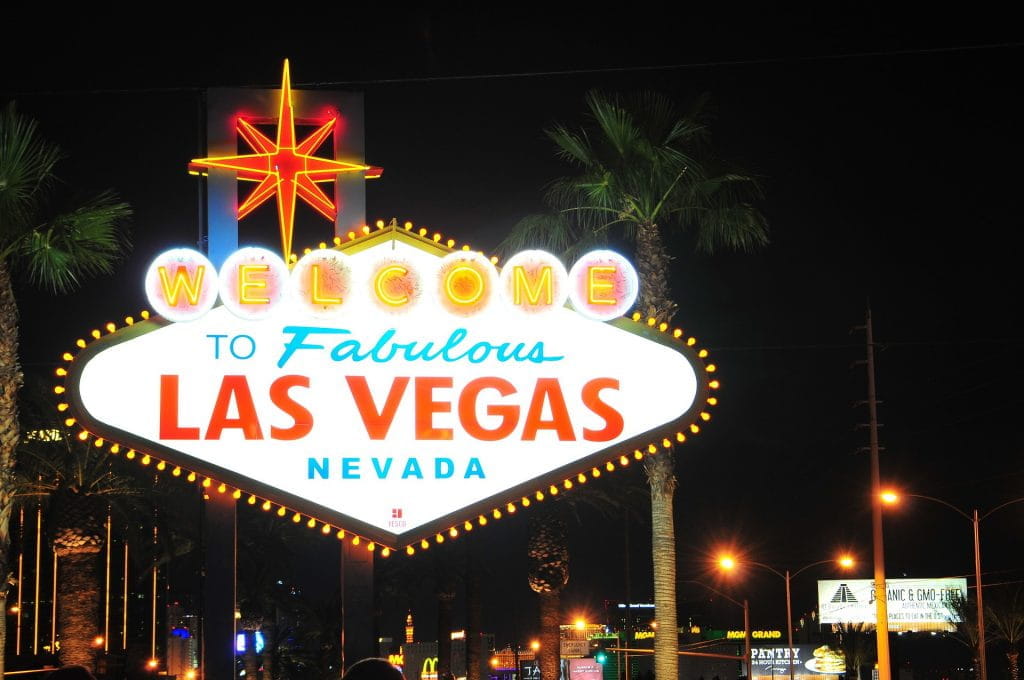Indian casinos in the USA: a tax-free billion dollar industry
- Copy URLURL kopiert!
- Share on Facebook
- Share on Twitter
If you think of American gambling, a picture of colorful pictures and shiny lights from the US desert inevitably follows. However, many do not know that the world’s best known gambling metropolis in Las Vegas, Nevada does not hous the largest and most magnificent casinos beyond the Atlantic. Because in fact the so-called Indian casinos are still more pompous-and they generate much more funds each year than all Las-Vegas casinos.

An unnoticed billion dollar industry
It is a bit astonishing what has recently been decided in the somewhat conservative USA: Since the middle of the year, US states have been able to decide for themselves whether they want to allow gambling on their ground or not. Gambling was legalized by the Supreme Court and Las Vegas should therefore be his Call as the only American gaming metropolis lose soon. the new nationwide competition should certainly not like the responsible casino operators, especially if it is considered that it had already struggled against a casino superiority, but only a few people outside the united states. we are talking about american indian casinos that are operated by american indigenous people. how big these indian casinos actually are shows a look at current numbers: In 2017, Indian casinos generated $ 34.2 billion. compared to the year before, sales increased by almost four percent. and for comparison: if the sales of all las-vegas casinos are counted together, they only came to $ 11.1 billion in the same time, not even a third. curiously, it would not even be enough, the sales from hotel and gastronomy in las vegas were also added. even in this case, the sales figures remained well below the indian casinos. but how can this be explained?
In the middle of an Indian reservoir is one of the largest American casinos, but only a few people are known.
Own right and no tax liability
today’s usa and the american indigenous people combine a long, sometimes very cruel story. because the original country of the indigenous people were taken away from them by the colonists after the discovery of america. to date, there are legal disputes in the united states that affect countries on the one hand, and on the other hand, the legal situation of the american indigenous people who are commonly known as “indians”. the indians in the united states are by no means a minority. overall can Around 235 Indian tribes on US soil are counted, which in turn spread over 28 states, where they manage their own country, do not have to pay taxes and even operate over 400 casinos. Good to know: In terms of area, Indians in the United States colonize a total area of over 225,000 km². This comprises around two thirds of the entire American state area. Although the Indian reserves manage independently and even have their own case law, individual members of the community are under the law of American citizens. Gambling is therefore one of the most important sources of income for the American indigenous people who rinse billions into the coffers year after year. One of the most fascinating Indian casinos is the Seneca Niagara Resort & Casino, which is located near the Niagara Falls. 26 floors and a glass outer facade make this building a real eye -catcher.
Income is always reinvested
however, many indian tribes accuse evil tongues in the united states to take advantage of their privileges, especially in terms of their tax exemption, to enrich themselves. this is purely factual but not correct. because all income that is generated via indian casinos is usually reinvested into the infrastructure or social projects. some of the funds are also used to directly support socially weaker families. in addition, it should be over with a unique selling point. because after the Decision of the US Supreme Court“Law gambling in the United States, there could soon be great competition for many Indian casinos in most American states. In addition, the Indian Gaming Regulatory Act since 1988 the tax exemption from american indigenous people. as a result, indian casinos remain tax-free, but individuals have to pay taxes on income from gambling. the american indians no longer have unrestricted privileges. whether they too Legalization of gambling in the USA Sustainably negative will have a sustainable effect on the sales figures of Indian casinos, it remains to be seen, but should hardly be prevented.
